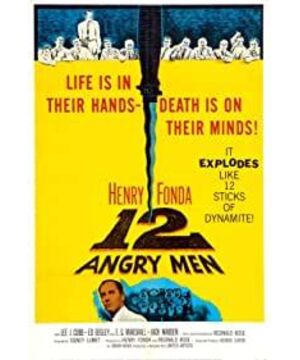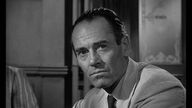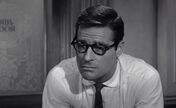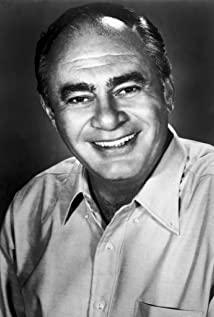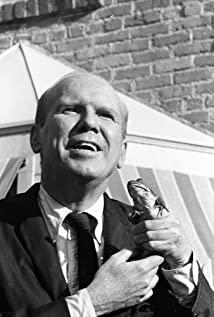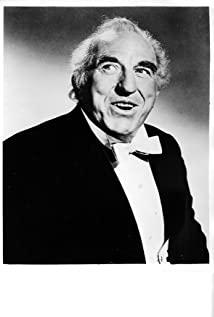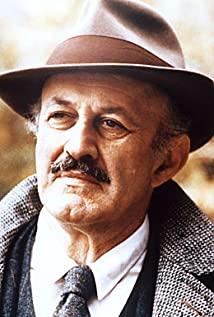I don't want to discuss the pros and cons of the civil law system or the maritime law system, because each has its advantages and disadvantages. It is not that the civil law system shows justice even more in accordance with the source of law, nor does the maritime law system rely on precedents and the will of citizens to show justice.
The jury system is a civic obligation. As long as they are 18 years of age or older, citizens who meet the corresponding conditions have the obligation to participate. Many people may think about the necessity of such a shabby system as the 12 people at the beginning of the movie. How to go through the scenes to vote and go home? This is the biggest flaw of the jury system, but on the other hand, whether a case can be accepted by the jury is more affected by the social atmosphere. Suppose we will be like this. The jury system is set in India to convict a rapist. Will they be found not guilty because of social customs and the status quo? Will the same system affect objective judgments when it is applied to the trial of female prisoners in the Middle East?
The answer is yes. The jury system is also a symbol of social indicators. The quality of citizens will affect the outcome of the trial. Therefore, the quality and thoughts of citizens appear to be quite meaningful.
This is also the mystery of the Simpson case. Almost all the jury groups that are most unfavorable to this case were assembled, but they were eventually found not guilty. Do you think this is the victory of the rich or the rise of civic thinking?
And what is the biggest difference in returning to where we live now?
It is that we ordinary people may not have too close contact with the law in our entire lives. We just look at many social events, and then make comments on the keyboard, and we may eventually curse: How could a judge make such a sentence.
More often, when you meet you need the law, you just want to find someone who is familiar with it or see if there is any free consultation. In the end, people are getting farther and farther away from the law. It clearly dominates us. Life, we will always turn a blind eye to him.
Our relationship with the government may be nothing but paying taxes.
The presumption of innocence is an eternal topic in many movies. We often look at the report of the case and rush to convict it, as if all of us have insight into the course of the case, and in the end the law cannot give people’s needs. They also curse the incompetence of the judicial system, but who has thought that this may be a defect in the civil law system, or it may be impossible to determine the guilt?
What I want to talk about here is not only the presumption of innocence in law, but also the presumption of innocence in life.
Excluding the courts and social news that are very close to us but far away, our lives are actually gradually being violated by this low civic awareness and presumption of innocence.
Favor the defendant when in doubt
Our society is very strange. When you question a person, we usually ask the other person to prove his innocence, rather than prove him guilty. This is actually a very strange and illogical behavior, because we think that guilt comes from asking questions. The author’s doubts and hypotheses, even if the other party cannot prove his innocence, he is logically innocent, because in order to be guilty, it is necessary for the proposing party to enumerate all kinds of invulnerable "criminal evidence."
But this is never the case in our real life, especially in interpersonal communication. Most people's malice and distrust of others are often just from "I think".
I lost the money I put on the table today, damn it! It must have been OO stealthily.
You arrived home half an hour later than usual last night and explained to you what you did badly.
When such incidents emerge in endlessly, it may be in life or work, and when this mode of thinking gradually affects our judgment of social events, the presumption of innocence becomes extremely difficult. It is like a pneumonia caused by everyone. We shot at the sight of the dark shadows, and we were convicted of death if all possibilities were still in doubt.
Perhaps history will rehabilitate these innocent people in the end, but so what?
Belated justice and injustice
In many cases, what we lack is not only the understanding and literacy of the law, but also our life.
I feel that human behavior is always insightful, and there is no two different states in the face of law and life. For the time being, whether we can achieve the presumption of innocence before facing the law, in fact, in our lives Already full of doubts.
It can only be said that the movie presents an ideal, and when we watch it with enthusiasm and anxiety, can our self-citizenship and the presumption of innocence towards people really be implemented in our lives?
View more about 12 Angry Men reviews


